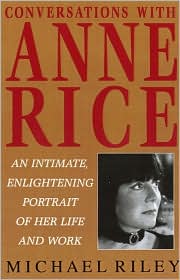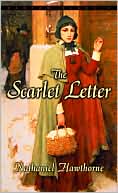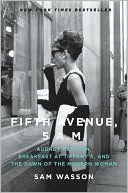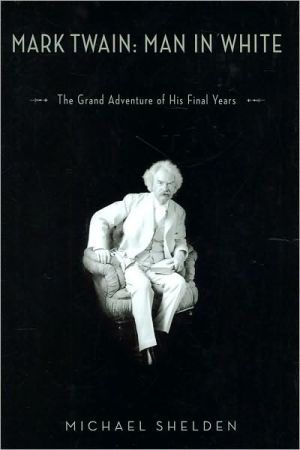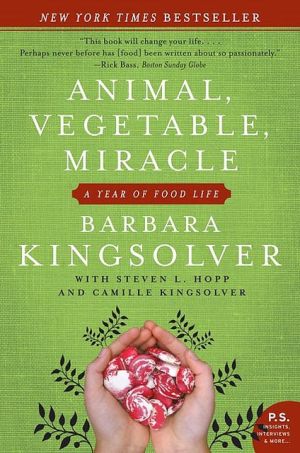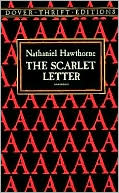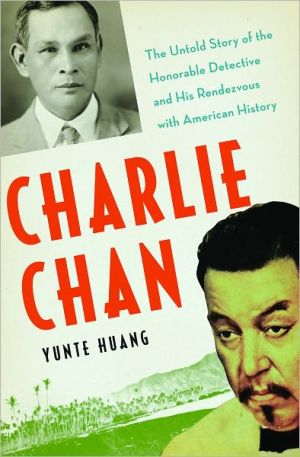Conversations with Anne Rice: An Intimate, Enlightening Portrait of her Life and Work
In the novel that introduced Anne Rice to the world, Interview with the Vampire, a reporter seeks out the facts behind an extraordinary life. In the years since, Anne Rice has created a remarkable and acclaimed body of work—encompassing her celebrated Vampire Chronicles, The Lives of the Mayfair Witches novels, two haunting historical epics, and her controversial, equally sought-after excursions into erotica. One of the world's best known and biggest bestselling authors of contemporary...
Search in google:
In the novel that introduced Anne Rice to the world, Interview with the Vampire, a reporter seeks out the facts behind an extraordinary life. In the years since, Anne Rice has created a remarkable and acclaimed body of work—encompassing her celebrated Vampire Chronicles, The Lives of the Mayfair Witches novels, two haunting historical epics, and her controversial, equally sought-after excursions into erotica. One of the world's best known and biggest bestselling authors of contemporary fiction, Rice has herself been the subject of countless interviews, profiles, and a full-length biography. Yet, who Anne Rice is, and the beliefs, fascinations, desires, fears, and passions that inspire her work, remain endlessly fascinating topics. In this first-of-its-kind book-length interview with Anne Rice, film scholar and author Michael Riley seeks out—and finds—the truth behind the extraordinary life and work of a unique, tantalizing writer.In Conversations with Anne Rice, the creator of Lestat, Louis, and Lasher talks in depth—and in her own words—about everything: from her early struggles toward publication to the tremendous literary reputation she has achieved. From the success and adulation of the vampire novels to the lesser-known books that are her personal favorites. From the influence of classical and popular literature to that of Catholicism and eroticism. From the role of movies in her literary vision to her definitive critique of the film version of Interview with the Vampire, and far beyond. Here, then, is Anne Rice—her heart, her psyche, her soul—in candid and captivating dialogue with her audience.Kirkus ReviewsAn extended interview with the author of Interview with the Vampire (1976), etc., conducted by an old friend who wishes to display "how much fun she is to talk to, how interesting and thoughtful, how candid, how honest and even brave."Though autobiography is touched on—Rice's Catholic girlhood, her rebellious early marriage to an atheistic poet, her daughter's death from leukemia, the disaffected return from San Francisco to funky New Orleans, her kind of town—the emphasis of these near- monologues is on Rice's fluctuating inner state and her emotional involvement with her work. Fascinated as only the initially repressed can be by what she calls "transgressive" fiction, Rice explains how writing pornography under pseudonyms freed her to find the unique Rice voice and unify all her recent novels—whether about vampires, witches, or demons—into the Rice "world" or "franchise," in which her many, many admirers take a proprietary interest. Though a reader of Flaubert and Yeats and a devourer of religious history, Rice endearingly states that she has "never been a sophisticated writer" and indeed that intellectuals can be "rather merciless people." She continues to resent negative reviews but finds validation in a popularity that ranges "from teenagers . . . to truck drivers" and includes fans who tend to a neo-Victorian, S&M aesthetic. Though not foolish when it comes to dealing with publishers and filmmakers—her lengthily described duelling match with Hollywood on the way to filming Interview could try the patience of the undead—it is true that Rice's obsession with the configurations of sex, power, and violence partake of a self-regarding naiveté, an almost militant lack of irony, that inflames both her friends and her enemies. It is the source, that is, both of mass love and not inconsiderable dislike. Riley lets Rice have her say. The result is essential for aficionados and basic homework for any critic.
AcknowledgmentsixIntroductionxiChronologyxvPart 11."A great trust in the imagination"52."The big furious brainstorm ... of writing"373."Roquelaure and Rampling"69Part 24."Family voices"1115."The savage garden"1436."A place where Ezra Pound and Mickey Spillane touch"168Part 37."Nobody's going to make this movie"2058."The things I loved ... the things I didn't"2339."From teenagers to housewives to brain surgeons to manicurists to truck drivers"26010."A quest for meaning"279
\ Kirkus ReviewsAn extended interview with the author of Interview with the Vampire (1976), etc., conducted by an old friend who wishes to display "how much fun she is to talk to, how interesting and thoughtful, how candid, how honest and even brave."\ Though autobiography is touched on—Rice's Catholic girlhood, her rebellious early marriage to an atheistic poet, her daughter's death from leukemia, the disaffected return from San Francisco to funky New Orleans, her kind of town—the emphasis of these near- monologues is on Rice's fluctuating inner state and her emotional involvement with her work. Fascinated as only the initially repressed can be by what she calls "transgressive" fiction, Rice explains how writing pornography under pseudonyms freed her to find the unique Rice voice and unify all her recent novels—whether about vampires, witches, or demons—into the Rice "world" or "franchise," in which her many, many admirers take a proprietary interest. Though a reader of Flaubert and Yeats and a devourer of religious history, Rice endearingly states that she has "never been a sophisticated writer" and indeed that intellectuals can be "rather merciless people." She continues to resent negative reviews but finds validation in a popularity that ranges "from teenagers . . . to truck drivers" and includes fans who tend to a neo-Victorian, S&M aesthetic. Though not foolish when it comes to dealing with publishers and filmmakers—her lengthily described duelling match with Hollywood on the way to filming Interview could try the patience of the undead—it is true that Rice's obsession with the configurations of sex, power, and violence partake of a self-regarding naiveté, an almost militant lack of irony, that inflames both her friends and her enemies. It is the source, that is, both of mass love and not inconsiderable dislike.\ Riley lets Rice have her say. The result is essential for aficionados and basic homework for any critic.\ \ \
